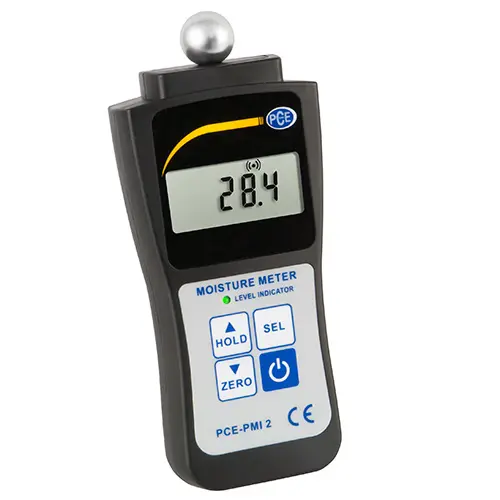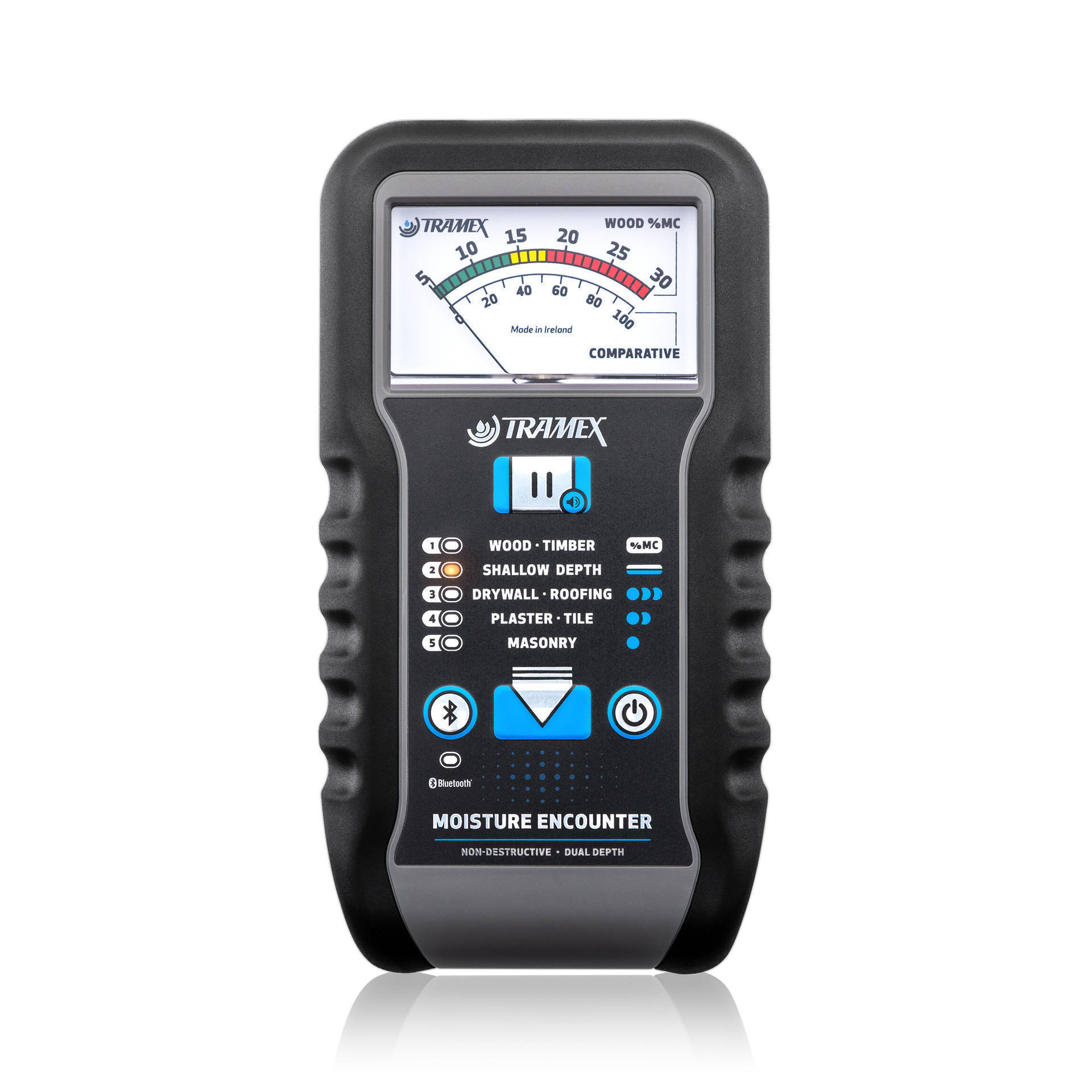The Ultimate Overview to Moisture Meters: A Comprehensive Review and Just How They Can Save You Money
In the world of structure maintenance, building and construction, and various markets, the significance of properly gauging dampness levels can not be overstated. Moisture meters work as crucial devices in discovering and checking moisture web content in materials, aiding in avoiding costly damages and making sure the high quality of items. Comprehending the subtleties of various kinds of dampness meters, their applications, and the possible cost-saving advantages they provide can be a game-changer for organizations and specialists alike. Uncovering just how these devices can not just enhance processes but additionally contribute to monetary savings is a trip worth starting.
Kinds of Moisture Meters
One common kind is the pin-type wetness meter, which measures the electric resistance between two pins put into a product. Pinless moisture meters, on the various other hand, use electromagnetic sensor plates to scan a bigger area without triggering damage to the material's surface area.
Moreover, there are likewise specialized wetness meters created for specific products like grain, hay, or soil. These meters supply exact wetness readings tailored to the one-of-a-kind homes of the product being evaluated. Infrared moisture meters determine the thermal residential or commercial properties of a product to identify its dampness material non-invasively, making them beneficial for applications where pin or pinless meters might not appropriate. Comprehending the different sorts of wetness meters available can assist markets pick one of the most ideal tool for their particular dampness measurement needs.

Advantages of Making Use Of Moisture Meters

Moreover, utilizing dampness meters can lead to boosted energy effectiveness. In farming setups, moisture meters play an important role in enhancing crop returns by enabling farmers to monitor dirt dampness levels and make notified watering decisions.
Exactly How to Choose the Right Moisture Meter
Selecting the suitable wetness meter includes thinking about essential factors such as material compatibility, dimension array, and calibration precision. When choosing a moisture meter, it's crucial to make sure that the meter is appropriate for the particular product you will be testing. Different materials have differing electrical residential properties that can impact wetness analyses, so selecting a meter created for your product is important for accurate results. Additionally, take into consideration the dimension series of the wetness meter. Make sure that the meter can discover wetness degrees within the range required for your applications. Calibration precision is one more critical element to remember (Moisture Meter). Choose for a moisture meter with reliable calibration to make certain constant and precise readings. Some meters may need periodic calibration changes, so understanding the calibration procedure is very important. By carefully examining these elements, you can choose a dampness meter that meets your needs and gives exact moisture measurements for your tasks.
Proper Strategies for Moisture Meter Usage
To guarantee precise wetness analyses and make best use of the performance of a wetness meter, utilizing proper strategies is necessary. When using a pin-type wetness meter, insert the pins or probes right into the product being tested until they make complete call. Ensure the pins are vertical to the surface area to get the most exact analysis. For pinless moisture meters, hold the device flat versus the material and relocate slowly to cover the whole location for a typical reading. It's vital to calibrate the moisture meter according to the material being checked to improve precision. Take numerous analyses throughout the surface area and average them out for an extra dependable result. In addition, guarantee that the material being evaluated is adapted to the click site environment to avoid manipulated readings. Normal maintenance of the wetness meter, such as cleaning up the pins or sensing unit, is also vital to make certain precise and regular analyses. By complying with these correct strategies, users can depend on their moisture meter to supply trustworthy moisture degrees, assisting in avoiding pricey damages or guaranteeing quality in various applications.

Expense Savings Via Moisture Meter Applications
Exactly how can the strategic application of moisture meters bring about substantial price financial savings throughout numerous sectors? Moisture click here for info meters play an important duty in expense financial savings by avoiding possible damages and making certain quality assurance in different markets. In the agriculture sector, dampness meters help in establishing the ideal time for gathering crops, avoiding over-drying or excess wetness that can affect the end product's quality. This exact tracking aids farmers avoid unnecessary losses and optimize their yield.

Furthermore, in the food processing sector, moisture meters are vital for checking product top quality and making certain compliance with safety and security policies. By precisely gauging moisture material in food, suppliers can protect against perishing, preserve quality, and lower waste, resulting in substantial expense savings. Generally, the critical application of wetness meters is a useful investment that can lead to substantial price reductions and boosted performance throughout different markets.
Verdict
In final thought, moisture meters are important tools for identifying and determining dampness degrees in different materials. By utilizing the ideal wetness meter and adhering to correct strategies, customers can effectively avoid pricey damages created by excess wetness.
Wetness meters serve as vital tools in detecting and keeping an eye on moisture content in products, helping in protecting against pricey problems and guaranteeing the top quality of products. Infrared wetness meters measure the thermal residential or commercial properties of a product to navigate to this website establish its dampness content non-invasively, making them useful for applications where pin or pinless meters may not be suitable.Wetness meters offer very useful benefits in properly keeping an eye on and analyzing wetness levels in varied products and atmospheres. In farming settings, moisture meters play an essential role in maximizing crop returns by allowing farmers to keep an eye on dirt dampness degrees and make informed irrigation decisions.In final thought, dampness meters are beneficial devices for spotting and determining wetness degrees in various products.